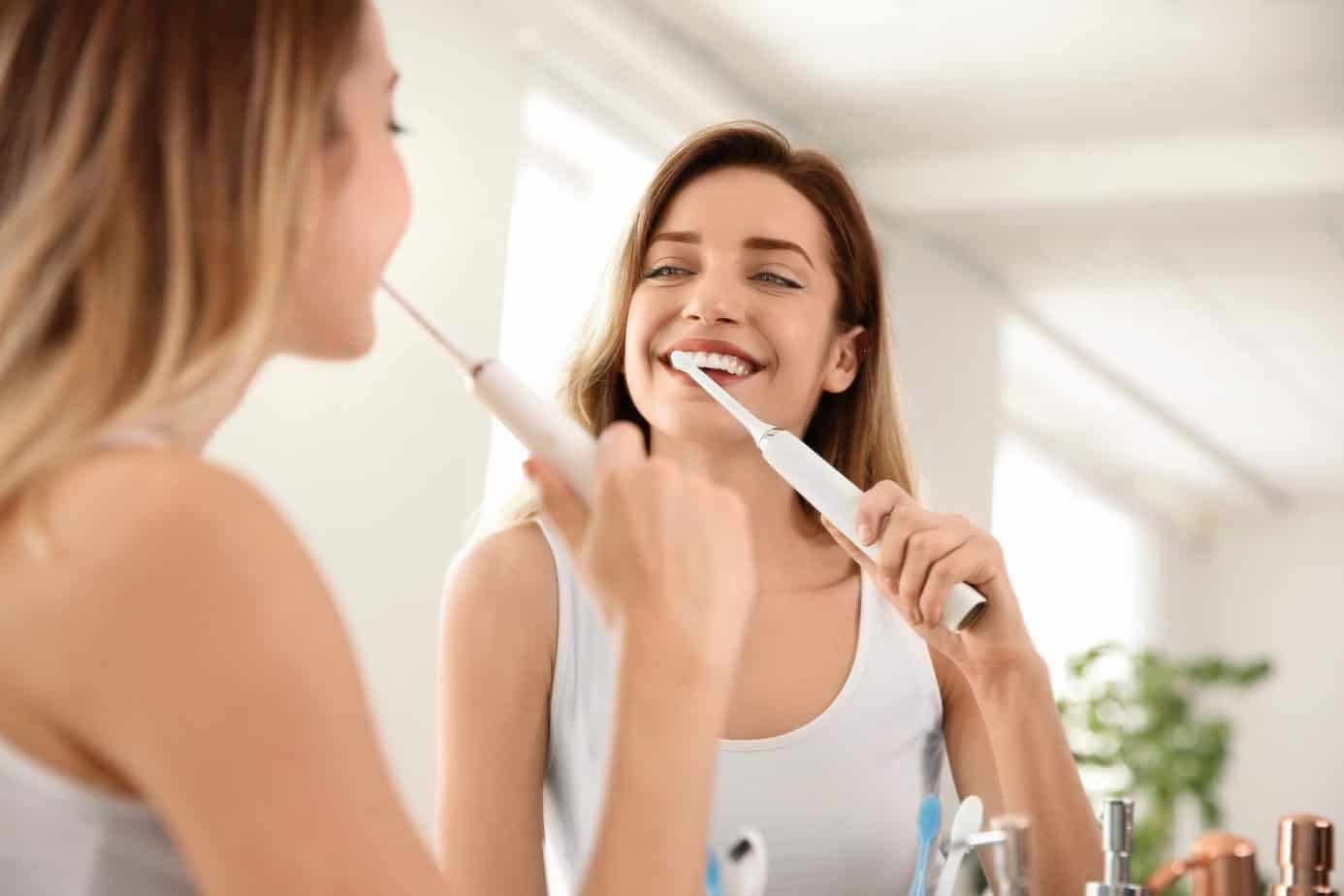
Oral hygiene is extremely important for every person, so children learn it from an early age. The condition of teeth in 85-90% depends on how much attention a person pays to their care. Proper oral hygiene is a good prophylaxis of many dental diseases. In this article we suggest how it should proceed.
Oral hygiene is a must. Thanks to it you can prevent tooth decay, get rid of bad breath and prevent early tooth loss. If hygiene procedures are performed irregularly or insufficiently effectively, plaque remains on the teeth and decaying food debris accumulates in the interdental spaces. As a result of such neglect, teeth do not look good and breath is bad. Moreover, the plaque mineralizes and transforms into tartar, as a result of which the unpleasant odor does not disappear even after brushing, the gums become inflamed and often bleed. Tartar most often forms in the interdental spaces and on the edge of the gums. Later, caries may develop, as tooth enamel changes under the influence of such deposits
Scientists have counted more than 60 diseases caused by microorganisms in the oral cavity. These include:
When bacteria multiply in the oral cavity, an outbreak of chronic infection is formed. This affects the functioning of the immune system, and sometimes even leads to infectious and inflammatory diseases of various organs. Therefore, oral hygiene is important not only to maintain fresh breath.

Poor oral hygiene leads to a proliferation of bacteria that cause gum disease and accelerated aging of the oral microbiome.
A research team led by scientists from the Single-Cell Center, Qingdao Institute of BioEnergy and Bioprocess Technology (QIBEBT) of the Chinese Academy of Sciences (CAS) and Procter & Gamble Company (P&G), recently (March 9, 2021) published their findings in the journal mBio.
The new research shows that there is a sharp decrease in the presence of “good oral bacteria” and the beneficial anti-inflammatory chemicals they are associated with within 24-72 hours of discontinuing oral hygiene. They also observed an increase in the number of “bad bacteria” normally found in the mouths of patients with gum disease that leads to tooth damage or loss
Researchers asked 40 study participants with different levels of naturally occurring gingivitis to provide optimal oral hygiene for three weeks. This led to reduced gingivitis and a healthy baseline for the study. The researchers conducted genetic analyses of the bacterial population in the participants’ gums as it changed. Within just 24-72 hours of stopping oral hygiene, researchers found a sharp decrease in the presence of multiple Rothia species, as well as the chemical betaine, which is reported to play an anti-inflammatory role in several inflammatory diseases.
To take care of your oral hygiene, you will need a set of several products. Many people limit themselves to using a toothbrush and toothpaste, but this basic solution does not allow for quality cleaning of the interdental spaces where bacteria and food debris accumulate. Therefore, it is recommended to use other means as well.
You should choose a toothbrush depending on your needs and preferences.
When buying it, consider the stiffness of the bristles, the size, the ease of holding the handle. Most people use medium-hard toothbrushes. Soft bristles are needed to clean sensitive teeth and bleeding gums, and hard bristles are needed to clean healthy teeth. Brush your teeth twice a day for about 2 minutes. Replace your toothbrush every 3 months.
Toothpaste is an important oral care product. In drugstores you can find therapeutic, preventive, cream and gel toothpastes with different fluoride content. Toothpastes for treatment should be chosen by a doctor; you should not buy specialized products for oral hygiene on your own for prophylactic purposes.
Toothpaste should be replaced every few months. In some cases, you may need to use several products with different effects. For example, if you are predisposed to developing tooth decay and periodontitis (inflammation of the periodontal tissues), your dentist may recommend brushing with an anti-caries toothpaste in the morning and an anti-inflammatory toothpaste in the evening.
Dental floss is designed to clean interdental spaces. It comes in several varieties: flat, round, twisted, waxed or unwaxed. You should choose floss based on your individual characteristics and the distance between your teeth. Floss is a great addition to other oral care products.
Oral rinses should be used at least twice a day for 30 seconds. Regular use of such a liquid preparation keeps your mouth, teeth and mucous membrane clean. Rinses help remove plaque, bacteria and their metabolic products from hard-to-reach areas of the mouth
Photo New Africa/Adobe Stock